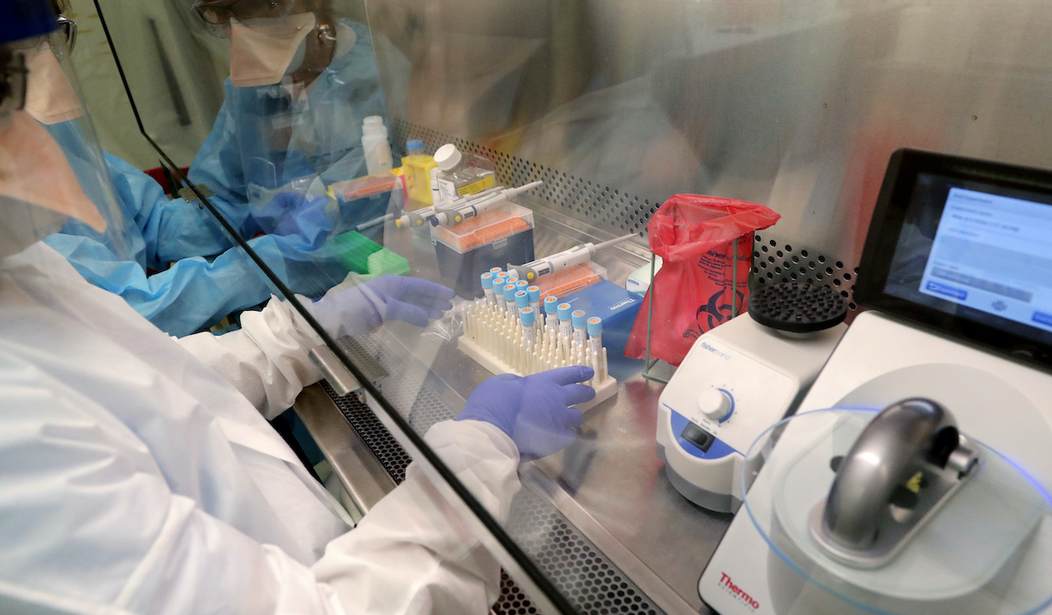A surge in coronavirus hospitalizations in Wales has urged public health officials to make a drastic decision.
Public Health Wales confirmed 3,870 new coronavirus cases between Oct. 10 and 16. And over 800 people are hospitalized with COVID-19, a number that is 20 percent higher than just a week ago.
And so, out of an abundance of caution, the country will be going into a national "fire break" lockdown from Friday, October 23 until Monday, November 9. That means that no one will be permitted to leave their homes except for essentials like grocery shopping or exercise. Non-essential businesses will be shuttered. And non-essential travel in and out of Wales "will have to end," First Minister Mark Drakeford said in his announcement.
The lockdown will be "a short, sharp, shock to turn back the clock, slow down the virus and buy us more time," according to Drakeford. He added that the fire break is "the best chance of regaining control of the virus and avoiding a much-longer - and damaging - national lockdown."
Some people called it the "sensible" thing to do. But critics note that the figures don't justify the lockdown. They are also skeptical that this lockdown will achieve its goal and worry that it will only result in devastating economic consequences.
Recommended
Wales fire breaker full lockdown confirmed.
— Ben (@Brixton_Ben26) October 19, 2020
People told to stay at home. You can guarantee it won't be short and sharp as described.
It makes no sense; "cases" are flat - the economic destruction will far outweigh any impact from the virus.#Wales #lockdown #waleslockdown pic.twitter.com/ePFATqhxBO
So Wales are fully locking down many areas which have less than 20 cases of Covid per 100,000. How absolutely ludicrous; people are losing their minds. #waleslockdown
— Clive Wright (@mistermemoryman) October 19, 2020
"We're all fed up of it, we're all really upset about it," said Janine Brown, who owns Crundles gift shop in Swansea. "What do we do as small businesses?"
Other critics wondered what exactly Welsh leaders planned to do with those two weeks.
According to the BBC's reporting, these two weeks will be used "very purposefully," the first minister said, allowing for more staff to be recruited for contact tracing and allow others to "catch up on the huge volume of contacts that have to be contacted and traced" from recent weeks.
While the U.S. has had its own series of lockdowns as the coronavirus hit the States, President Trump has promised that, if re-elected, he will not be enforcing more national lockdowns.
























